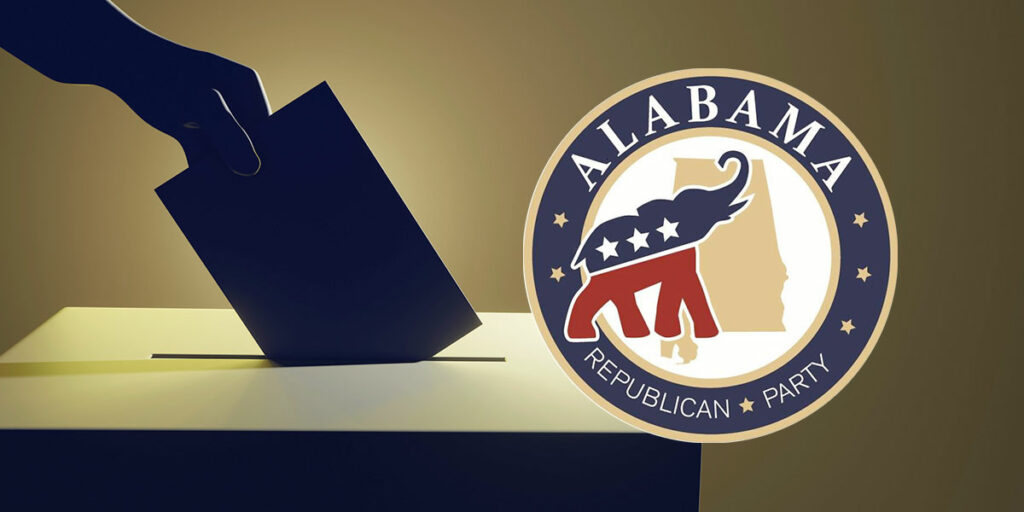Whether the U.S. Women’s Soccer team should be paid the same as (or more than) the U.S. Men’s team is one part of gender pay equity. The debate highlights how determinants of pay in markets do not align with our notions of fairness and equity.
In the labor market, supply and demand set wages and salaries. Potential employers (the demanders of labor) make offers to potential workers (the suppliers). The two sides must reach mutually agreeable terms. Economists recognize that factors like the number of people with a given talent or the ability to learn a craft and the potential for machines to replace workers affect wages. Many of these factors, however, do not seemingly justify people earning different amounts of money.
For instance, LeBron James’s and Steph Curry’s unique basketball talents allow them to earn over $30 million a year. More people watch the Men’s World Cup than the Women’s World Cup, resulting in prize pools of $400 million and $30 million for the most recent tournaments. But we consider hard work, conscientiousness, and honesty as reasons why one person should earn more than another.
Do women make less than men? One widely reported statistic is that women make only 77% as much as men. Yet, economists know that earnings depend on education, experience, and hours worked among other factors. Controlling for these factors eliminates most of the pay gap.
Yet the absence of a pay gap does not leave us without concerns. Differences in educational attainment by gender, particularly in science and technology, may reflect biases. And women are less likely to leave the labor force to have and raise children, which may reflect stereotypes.
The interpretation of pay gaps, when they exist, is also complicated. The determinants of supply include personal values and decisions. The American Enterprise Institute’s Mark Perry and Andrew Biggs note that men hold 94% of jobs in the 20 professions with the highest on-the-job fatality rates. These dangerous jobs pay higher wages to compensate workers. Is it gender bias if women are less willing than men, on average, to take dangerous jobs?
The absence of a pay gap when controlling for relevant factors may seem surprising, but the profit motive can explain this. Suppose that airlines preferred hiring men over women as pilots. If pilots earned $150,000 a year, equally skilled female pilots shut out of the market might be willing to work for only $100,000 a year. A high-minded airline might break the gender barrier and hire women. But so would a greedy airline, to save $50,000 per pilot. Until the pay gap disappears, profit-seeking businesses should prefer hiring women.
What if bias affected access to education and training? Consider medicine, where arguably women were steered (or forced) into nursing, while men were encouraged (or allowed) to go to medical school. A nurse does not have all the skills of a doctor, but if not for bias, many women nurses would have become doctors.
Comparable worth laws mandate equal pay for jobs requiring comparable skill and responsibility. Some free-market economists worry that firms cannot afford the mandated higher pay for women. Yet married men’s earnings premium demonstrates that employers typically have some discretion on pay. They can give a raise to a married man to help support his family instead of a single man looking to buy a fancier car.
A bigger problem, I think, is that comparable worth changes the salary setting process. The labor market balances supply and demand; no one person or entity sets pay. Any gender pay gaps result from decisions by thousands of people. Enacting comparable worth requires a government expert to determine which professions deserve equal pay. Once the government decides some wages, any group of workers can demand that the government boost their pay.
Women have faced discrimination and restriction of their right to earn a living. This is unfortunate. Gender bias is, I think, disappearing, and where pay gaps still exist, greed in the market will help equalize pay.
Daniel Sutter is the Charles G. Koch Professor of Economics with the Manuel H. Johnson Center for Political Economy at Troy University and host of Econversations on TrojanVision. The opinions expressed in this column are the author’s and do not necessarily reflect the views of Troy University.













